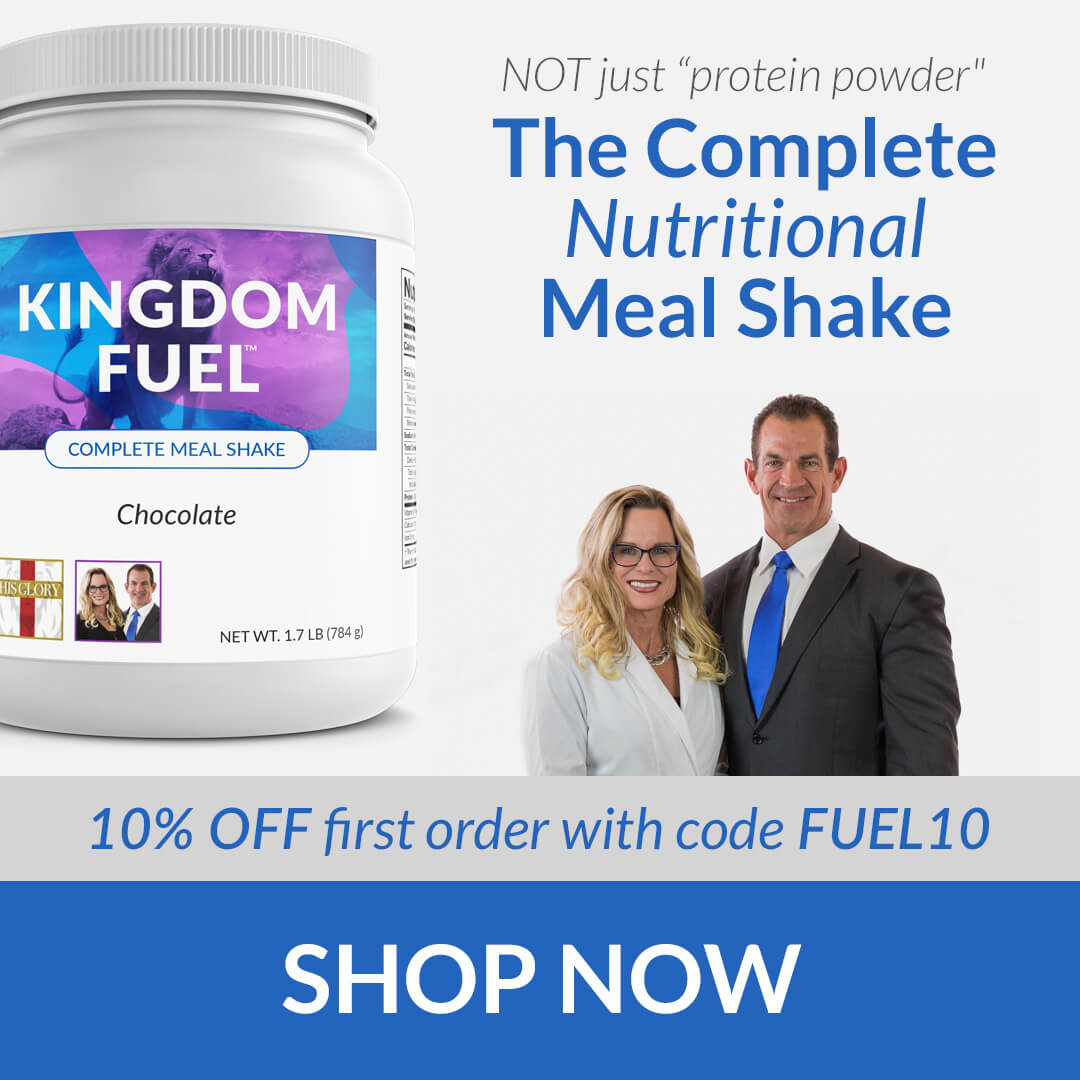One in five Americans regularly suffers with heartburn or GERD (gastroesophageal reflux disorder), and a significant percentage of them are on popular drugs. The names of these drugs you may recognize as Nexium, Prilosec, Prevacid, Protonix, a generic known as omeprazile. Nexus alone raked in $4.8 billion in the U.S. in 2008.
Downside of GERD Drugs
These drugs (known as PPIs) which block the production of stomach acid, have a number of serious side effects. PPIs can increase risk of both pneumonia and C. difficile bacteria-related diarrhea. They interfere with the absorption of vitamin B12, calcium and Vitamin D. The deficiencies of these critical nutrients have been linked with increased fracture risk. They also inhibit the activity of certain medications.
PPIs are also linked with weight gain — an average of 7.7 pounds over 2.2 years, according to one study. The mechanism of action at current is unknown.
Safe, Natural Remedies for Heartburn
Fortunately, you have plenty of safe, natural options. First and foremost, if your weight is an issue, get it under control. This in and of itself is often enough to make GERD symptoms disappear. The more weight you carry around, the higher amount of pressure you have tugging on the lower esophageal sphincter. This sphincter is really just a flap of tissue that can become incompetent and leak gastric contents. It is opposed by excessive weight.
Don’t eat large meals late at night and then lay down to sleep! The large contents in your gut push up against that sphincter and cause reflux during the night. This is a cause of a morning sore throat, bad breath and even a hoarse voice from the acidic action being poured over your vocal cords.
Be kind to your internal anatomy as it does not have a voice to tell you you ate to much and that you are causing yourself harm by refluxing all night.
Supplemental Remedies for Heartburn
It is a must to avoid heartburn triggers (overeating, excess fat, acidic foods, alcohol and caffeine). These are recommendations from the AGA (American Gastroenterology Association):
Probiotic Therapy
Recommended Supplement: ProbioMed™
Probiotic therapy aids digestion and healthy gut ecology! Probiotics are the friendly bugs in your gut which make up a portion of the guts immune system, make some vitamins for you, and screen foreign invaders in the foods and things we eat to keep them from harming us. Remember that getting enough fiber is important because fiber is food for the friendly bugs in you gut – the probiotics.
Digestive Enzymes
Recommended Supplement: Plant Enzyme Digestive Formula
A broad based digestive enzyme can be helpful for the breakdown of proteins, carbohydrates and fats. A broad-based digestive enzyme includes amylase, lipase and protease, which are enzymes that digest proteins, carbohydrates and fats. This eases the work your digestive system has to do and improves reflux.
Deglycyrrhizinated Licorice (DGL)
Recommended Supplement: DGL Synergy
Another supplement recommendation includes deglycyrrhizinated licorice (DGL). One tablet chewed 20 minutes before meals can help.
Consult your health care provider.
Be sure to talk to your health care provider to ensure that any or all of these are safe. Also talk to your provider before stopping a PPI, such as Nexium, as this could cause an acid rebound syndrome and worsen your symptoms.
Our success in treating reflux truly comes from lifestyle management and eliminating the root cause before adding a lot of supplements or other temporary remedies first!


